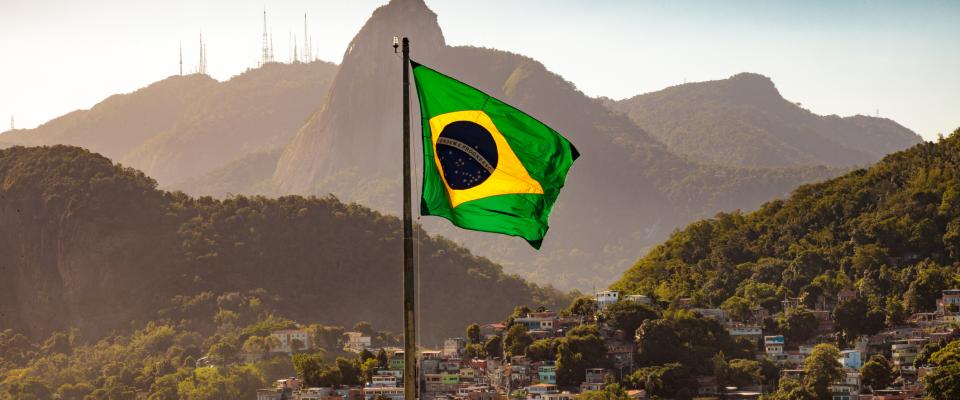PSAC opposes the use of Canada Pension Plan (CPP) funds to take water out of public hands in Brazil. The Canada Pension Plan Investment Board is buying 45 per cent of Igua Saneamento, a Brazilian sanitation company, that will spend $266 million to help buy the state of Rio De Janeiro’s public water system.
The National Federation of Urban Workers (FNU), Rio’s unionized water workers, says the privatization will cut thousands of unionized jobs, and will severely reduce service. It will likely make water unaffordable for many.
PSAC National President Chris Aylward has written to the CPP’s executive director and the Liberal government asking them to stop this misuse of public funds and reminding them that water is an essential service and a human right. Every PSAC member employed outside of the province of Quebec contributes to the CPP.
PSAC is active in the fight for pension plans to move to ethical investing. Our union has been campaigning to pressure the Public Sector Pension Plan to end its investment in Revera Inc., the second largest Canadian network of for-profit long-term facilities, and put it under public ownership and control.
Pension funds should not be used for the exploitation of marginalized and vulnerable people, and must be stopped from investing in initiatives that undermine public wellbeing.
Canadian pension plans and water privatization
Water privatization has a long history of deadly public health outcomes. Investment by the Canada Pension Plan Investment Board in Brazil is only the latest Canadian pension plan practicing unethical investment strategies. Not only do all PSAC members outside of Quebec contribute to the CPP, approximately 80% of PSAC’s members also contribute to the Federal Public Service Pension plan, - managed by the Public Sector Pension Investment Board (PSPIB) – and it is also engaged in exploitative investment practices.
- The PSPIB has invested $600 million in an industrial farming enterprise called Mahi Pono LLC in Maui, Hawaii. The success of the investment is dependent on securing water rates at very low prices and diverting water from areas populated by Indigenous family farms. While initially promising food security for people living in the area, recent research reveals profits are dependent on exports instead. The investment ignores Indigenous ancestral rights and continues the exploitative practices that have damaged Maui’s culture, environment, and economy for over 100 years.
- The PSPIB was involved in a major water privatization initiative in Australia’s Murray-Darling Basin in December 2019 that occurred during the midst of a crippling national drought and destructive forest fires.
- The Ontario Teachers’ Pension Plan (OTPP) has become the majority shareholder in three key water utilities in Chile.
- Investment by Quebec pension plans in dam building in Colombia (in French) has displaced communities. Community activists opposed to the schemes have disappeared or been killed.
 Member Login
Member Login



